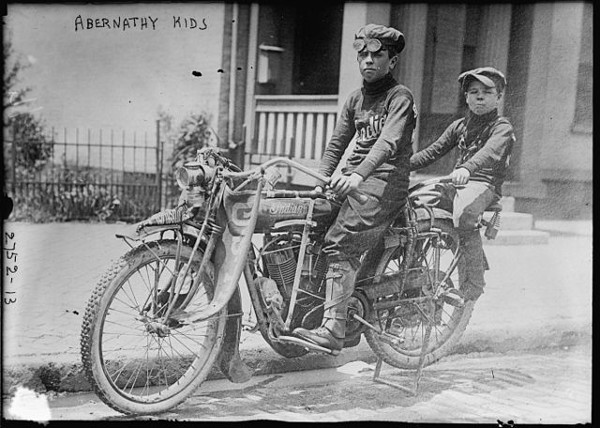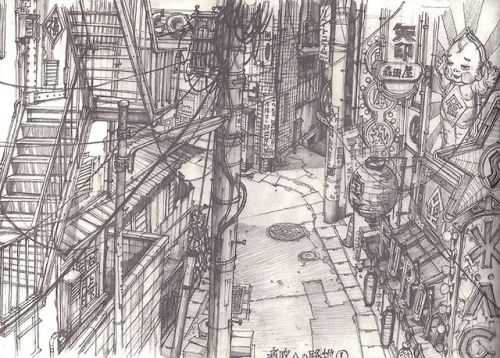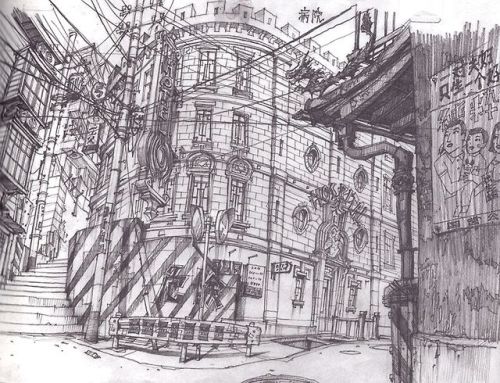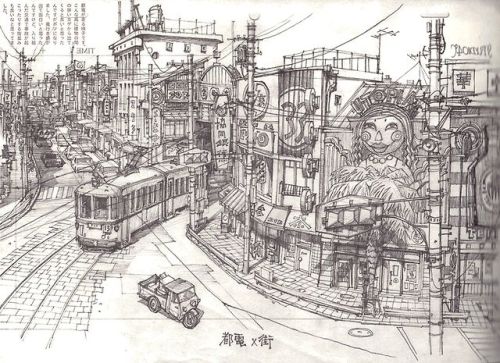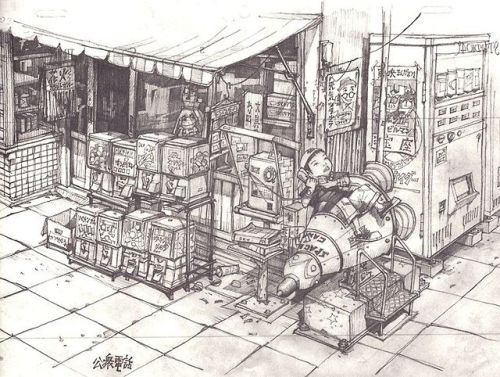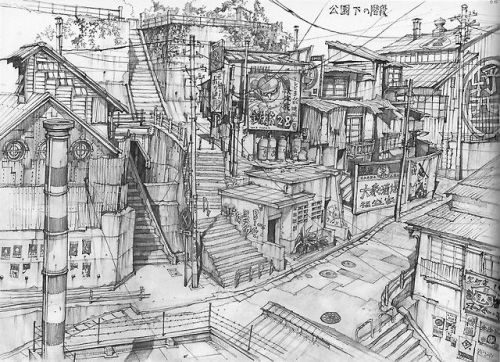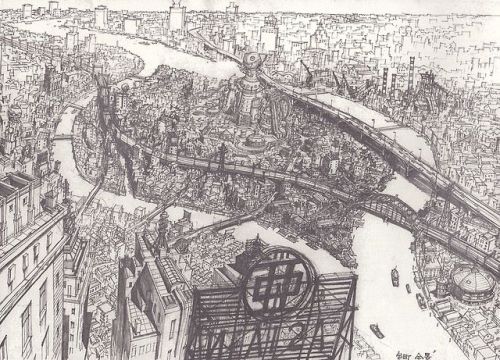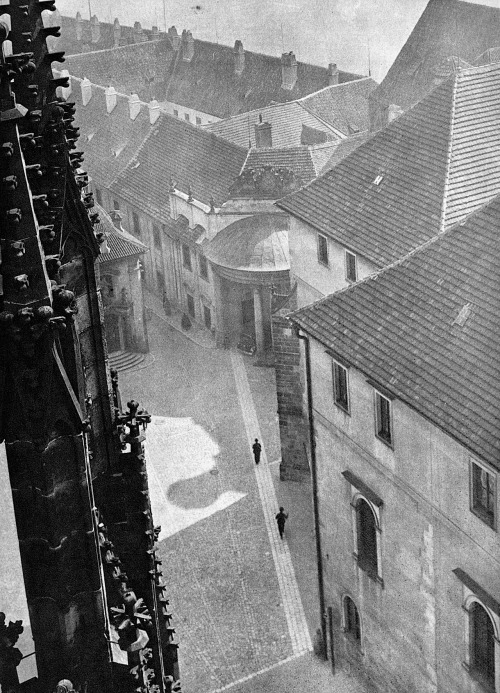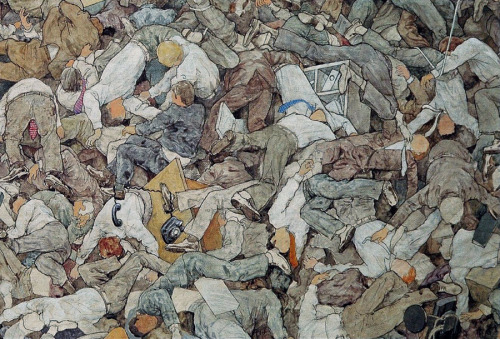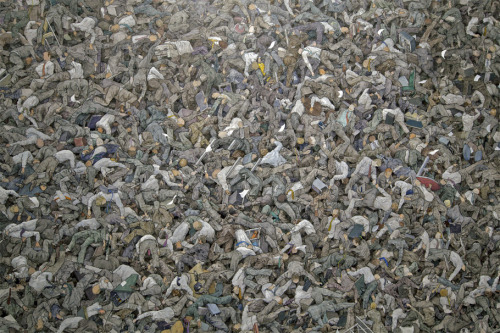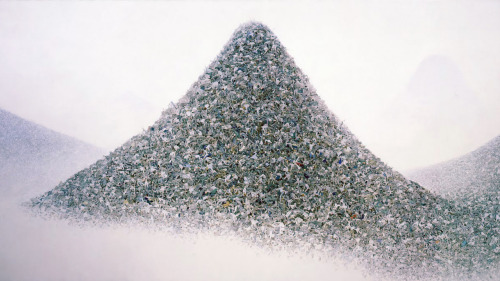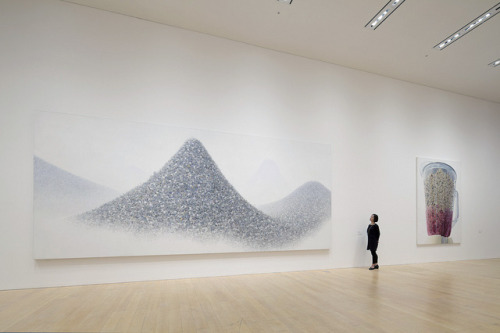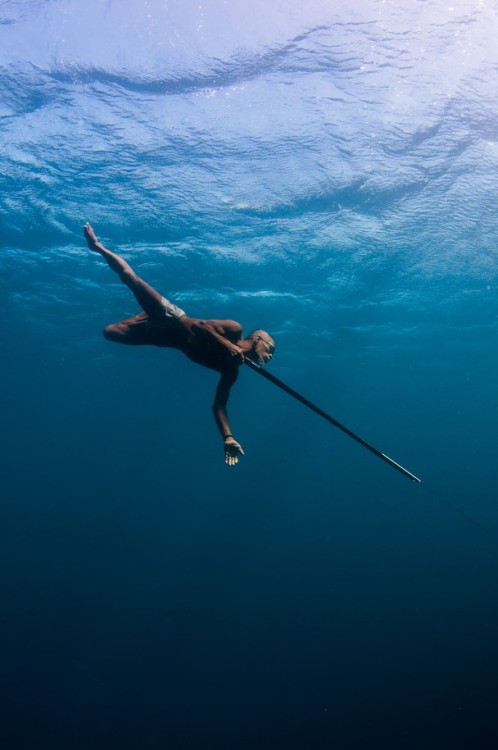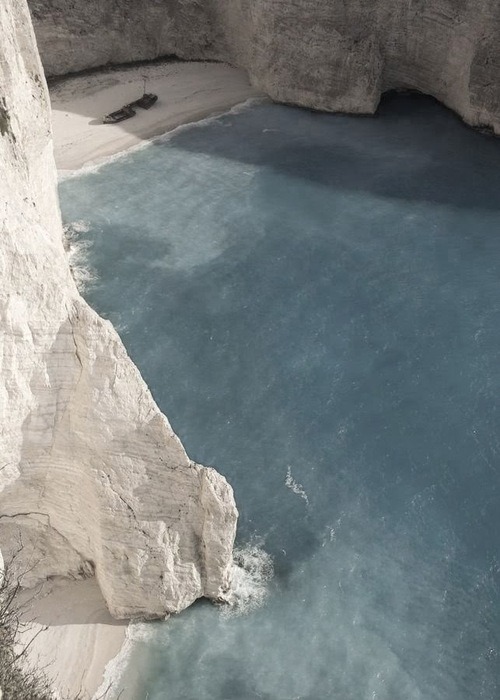One woman struck her thyrsus against a rock and a fountain of cool water burbled up. Another drove her fennel in the ground, and where it struck the earth, a spring of wine poured out. Those who wanted milk scratched at the soil with bare fingers.
– Euripides, The Bacchae
THE FIRST EPISODE
The maenad prefers the Cat Food Cafe because the chilli pepper lanterns make her feel at home and the busboy is not bad looking. He slips her bowls of hand-cut tortilla chips while she sits outside with her coffee and Mexican blanket. This week she reads Death in Venice, which is a story filled with so much sun that when she lowers the book to find the boy, sand pours from the spine. If the maenad drops one grain of sand onto this pile every second, it will continue to form a cone because the grains trigger miniature avalanches and the less-secure sand slips to the side or foundation. Like capitalism, she thinks. The busboy approaches with a pot of coffee. She brushes the sand onto her lap.
Nice dress, he says.
She smiles because boys never know the names of clothes. She is wearing a 70s buckskin studded hippie vest-jacket with a leather fringe, which she found on Etsy. The tassels begin just under her shoulder blades; she feels like a stingray.
Thanks.
He stares at her crotch while he pours her coffee. She feels self-conscious because everyone else in California has had more time to tan their legs. Both his forearms are tattooed – the left with a volcano, the right with a two-masted schooner. The maenad knows about schooners because when she was younger she read the diaries of George Vancouver and Archibald Menzies and Juan Francisco de la Bodega y Quadra.
Can you sail? she asks.
No.
She lifts a rattlesnake from her purse and winds it through the belt loops of her shorts.
*
The maenad prefers to read at the cafe because when she works from home she has to go to the kitchen every time her coffee runs out, and every time she goes to the kitchen she has to eat something while the kettle boils, but only pieces of things, like banana chips, half a yogurt, hard breadsticks dipped in honey. Sometimes her roommate, Jolene, practices sun salutations in front of the fridge. She fills her chest with breath then folds forward, lunges, hovers in plank, cobra, downward dog, back to standing. With each salutation, she inches off her yoga mat until she ends up in the middle of the kitchen floor. It reminds the maenad of a millipede, advancing only by the length of her spine.
Tibetan pilgrims climb Mt. Kailash like this, says Jolene as she pushes a chair out of her way. These peripatetic salutations free practitioners from the constraint of the mat.
Cool, says the maenad. I’m going to order pizza if you want one.
In the garden, the fawn kneels under the bird bath and chews his cud. His mother was eaten by a coyote, so the maenad does her best to provide for him. The first time she nursed the fawn at the cafe, a woman complained and they put up signs reading: sorry – no breastfeeding. The busboy shrugged as he taped the sign to the door of the patio. She shrugged back and pointed to her breast pump. Horror passed over his face like he’d stepped on a link of dog shit. The maenad wedged the funnel over her nipple and started pumping. On the collection bottle, she stuck a Post-it that said you sucked one too, and in smaller print, or if you didn’t you probably got ear infections.
THE SECOND EPISODE
She feels self-conscious when she drinks alcohol, because her mother told her red-wine teeth are hereditary, and she fears other effects are hereditary too, like falling asleep in the bathtub, or singing ‘Good King Wenceslas’. Every Christmas, Uncle Dionysus sings‘Good King Wenceslas’ from the head of the table, and when the bottles empty, he offers the stash of blackberry wine he brews downstairs. Her other aunts and uncles exchange glances, and new bottles appear from the liquor store, as if by magic, so Uncle Dionysus doesn’t open his home-brewed wine until Christmas finishes and the family has left. It saddens the maenad to know everyone hates her uncle’s wine. When she visits she asks for a bottle to take home. Growing up, she picked the blackberries. The brambles snagged her hands, but she licked it all off anyway. The wine kit smelled like old books, she loved the brown, medicinal bottles, she loved wading into cold seawater, rinsing her sore hands with salt.
THE THIRD EPISODE
She tried to live with a boy once. He worked as a set decorator in Vancouver and his most recent project was a government commercial for Eating Well with Canada’s Food Guide. He made an animation with beet-top trees, a cantaloupe hot-air balloon, snap pea surfboard, waves of red cabbage and a carrot sun that sank into a disc of lunar cucumber. Together they peeled the thinning carpet, which the last tenant hadn’t even vacuumed, and ordered cork tiles from an independent retailer offering a 50 per cent discount and free delivery, and she imagined the renovations would be as bright as the vegetable ad – the sun rising, breeze in their hair, cork tiles filling the living room before lunchtime. The tiles never appeared; the independent retailer had gone bankrupt or never existed in the first place, that wasn’t clear, all that was clear was they wouldn’t be getting their $800 back. Meanwhile, they had ripped the first carpet in the process of peeling it back, which was bad luck because their lease had a clause against redecoration that neither of them had noticed. They couldn’t afford a replacement, so they filled the living room with picnic blankets and towels.
The blankets were comfortable; the maenad and the boy sat side by side and ate two-for-one pizzas. The landlord evicted them two weeks later. Then the boy boarded a Greyhound bus to his family in London, Ontario, and the maenad boarded a perpendicular bus to UC San Diego where Jolene was doing an MFA. The maenad and boy still exchange letters, and Jolene acts extra cheerful when an airmail envelope appears through the slot. For example, today she greets the maenad at the door and says, I am making a Buddha bowl for dinner, do you want one?
The maenad slides her gaze to the pile of mail on the breakfast bar. Sure. How was your day?
Eight out of ten.
The maenad fishes the blue-and-red-striped envelope from under a stack of bills. Inside is a postcard of Carmen Sandiego in her red trench, a yellow-ribboned fedora tugged over her eyes.
I don’t get it, says the maenad. Is he Carmen Sandiego or am I?
Jolene withdraws to the sink and rinses the quinoa.
Has he moved somewhere? Am I supposed to guess where he is?
She reads the reverse, which is written in feminine handwriting.
Thank you for your recent donation. We appreciate you thinking of us during the festive season.
The maenad frowns. She checks the return address. Jolene presents a bowl of avocado, yellow beets, sweet potato and quinoa with tahini dressing.
THE FOURTH EPISODE
There is another boy she thinks about, but the left side of her brain knows he’s a shit. He is a folk singer with an elephant tattooed on his chest, which isn’t itself undesirable, but she can tell he is one of those men in their twenties who thinks his misogyny is excused because he hates all people, not just women, and that as a songwriter he has superior insight into the human condition. He wrote a song that began, come here and take off your clothes, which he plagiarized from a poetry blog. Often, when they return from a gig, he says he’s too tired to fuck but he won’t fall asleep if she doesn’t give him a blow job. Blow jobs have never been her favourite feature of sex. It’s not the act itself, but with some partners she finds it demeaning, and she gets annoyed when they assume she thinks it’s unclean, which she doesn’t, but she can think of nicer things to put in her mouth. Not to mention her knees bruise easily, and she never feels confident enough to commit to the gesture – to really stick with it for a while, and shit was that her teeth? She asked Jolene what she thinks about, does she have any tips? Jolene said: I count. It should take between one hundred and fifty to one hundred and seventy five strokes. Two hundred if he’s masturbated that day. The maenad didn’t realize she should count.
THE FIFTH EPISODE
Today Reuben drops by while she sits outside in the garden and draws honey from the earth with the stalk of fennel she has wound with ivy.
I’ve always thought you had penis envy, he says from behind her.
She drips honey from the pinecone that crowns her stalk of fennel. She is thinking about the fawn, who has not returned for a few days. She hopes he’s okay. She could not handle a FernGully situation. She feels drawn to deer as her friends feel drawn to babies at bus stops or cafes, moms in sonic-blue jogging tights. Her friends crouch at strollers and say hello you, hi you, searching the babies’ nearsighted eyes for recognition, beaming at the mothers to say well done, you did it, mine would be cuter. Faces change around babies, but how they change depends on the mom. There’s the woman in sonic-blue jogging tights or a fashionably oversized black shirt, a beagle leashed to her wrist, clutching a cappuccino and a shaggy croissant. But what about the woman driving her stroller through hordes on the bus. She wears white sweatpants, a pink top that inches above her full belly. The tattoo on her hip says lil angel. Some people make room for this woman on the bus, but they don’t beam at her magnificent belly or coo at her children. They avert their eyes. The maenad’s friend Sofía feels self-conscious when she leaves the house with baby Marcos because she’s Hispanic, and people treat her like a ward of the state unless she wears Marc Jacobs sunglasses. This distinction – between young mother and single mother, and how our faces change when we watch babies on buses, and how we feel when we leave the house – is everything the maenad hates. This is what she is thinking when Reuben crouches behind her – not about him, or what he is doing here, complimenting her shapely back. Does he mean her back or backside, she wonders. She is wearing a halter top.
He cups her butt cheeks and says I want to fuck you over the Gerbera daisy. For a moment she thinks, but could an asshole identify a Gerbera daisy?
His phone vibrates. He walks away to read the text message.
In the kitchen, Jolene listens to a podcast on the water shortage in São Paulo while she cooks. The climate scientist says it has not rained in São Paulo because industry has stripped the Amazon rainforest and the clouds of vapour that normally form flying rivers did not gather. The Amazon has been called the Earth’s lungs, and she wonders what happens when you replace the Earth’s lungs with cotton and soybean fields, and if she should stop eating tofu and meat-free hot dogs.
She and Jolene listen respectfully, as you do when you enter the kitchen while your roommate plays a solemn podcast. They loop around each other, gesturing for the salt or the fridge door in perfect wordlessness, like two lovers who do not speak the same language, or who do not require language at all.
Reuben slams the screen door.
Are you eating? he asks.
Jolene glances at him with well-concealed irritation and nudges the spacebar with her elbow. The podcast pauses. The maenad’s principal problem is that Reuben is beautiful. Never has someone so beautiful wanted to bend her over the Gerbera daisy, and it is an experience she clings to, though the left side of her brain says it makes her a poor feminist. If his look were to be summarized in a pithy epithet, it would be Swedish nihilist post-shampoo. He wears ear gauges and often just a tank top. If he could manage to grow facial hair he would be approaching Ben Dahlhaus a.k.a the Swedish Brad Pitt.
I have some mushroom pâté, the maenad says. Bruschetta?
He squints slightly. What are you making? he asks Jolene.
She is chopping an entire head of cabbage.
Kimchi, she says.
What Reuben does not know is that fermented foods signal a woman is combatting or preventing a yeast infection/rebalancing their gut flora. The maenad feels smug in this secret language, which proves that though Reuben is beautiful, he is excluded from their inner cistern of communication.
She touches the small of Jolene’s back to indicate she understands.
I have some kefir in the fridge.
Jolene’s eyebrows edge together, puzzled, but she smiles quickly and crushes a clove of garlic with her palm.
Reuben’s cellphone buzzes on the breakfast bar with a text message from someone named Olivia.
The maenad pretends she didn’t see. Reuben pretends he didn’t see her see.
Gotta bounce, he says. Impromptu jam with the boys.
She avoids his eyes and opens her food cupboard, though she doesn’t feel hungry.
THE SIXTH EPISODE
She was right: Jolene is rebalancing her gut flora. For this reason, she will drink green tea boosters instead of blackberry wine. Such virtuous decision-making is the opposite of what the maenad needs right now, while Reuben plays at a rancho party near Black Mountain, to which she was invited, but Olivia will be there, and if she goes she requires backup, and Jolene wants to stay in. They light Nag Champa incense and sit on the Moroccan floor cushions they bought instead of a couch. Though she normally finds comfort in their living room, tonight it feels like a poorly attended party from the 1970s – all the barefoot women with center parts gone to find better drugs. She pours her uncle’s wine, and Jolene clinks glasses with her. They listen to Modest Mouse, which the maenad only discovered seven years ago because when The Moon & Antarctica came out she was somewhere between Alanis Morissette and Britney Spears, which is a fact no one will admit to, but she knows she was not the only one.
She tells Jolene about the text message from Olivia. Jolene rubs her shoulder and says, are you okay? Can I make you a Buddha bowl?
No thank you.
How about raw gingerbread truffles?
I have gummy bears.
Like so many girls in California, Jolene looks born of the beach, as if twenty-nine years ago she climbed from an abalone shell with salt in her eyelashes, her eyes nacreous green. You’d figure she must bleach her hair, but really she has just wafted between sun and swimming pools her whole life. Instead of a headband, she ties a rayon scarf around her temples. The maenad gets lost in how smooth her forehead is, maybe because she smiles all the time. In love, Jolene has been sentimentalized because of her name, though she could not be further from the rain-singed girl in Spokane, folded in the pocket of Ray Lamontagne’s blue jeans.
In the maenad’s experience, your life can go two ways if you are born beautiful. One way is when beauty dominates how you define yourself – you will attract partners who desire beauty above all, and you will be cagey with those who aspire to other greatnesses, and others will interpret your behaviour as contempt, they will dismiss you as a mega-bitch, which hardens you – first on the inside, then on the out. The second way is when you are impervious or resentful of your beauty. Perhaps you didn’t like girls your age because you preferred to race go-karts with your brother’s friends, perhaps your brother called you stink face or scrotum breath, so you figured you must not be beautiful at all, or how you looked was irrelevant, what was important was knowing where to sock boys so they shut up but won’t permanently scar. Beauty has convicted many of the maenad’s sisters – coupled with virginity, it is a virtue, but with libido or intoxication, beauty proves a woman’s wickedness. See the witch trials, see Jeanne d’Arc, see vases painted by Greeks and Romans of god-drunk celebrants who give suck to fawns and wolf cubs, who rip the horns from a bull’s head and open its pectorals with their dirty hands. Last year she saw a university production of The Bacchae and the maenads were cast as bronze-bummed lesbians who wore suede bikinis and kissed each other with open mouths, breasts bent to the moon, eyes clenched with rapture. How else to describe unbroken women? They are feral and fucking.
I didn’t realize you and Reuben were exclusive, says Jolene.
The maenad looks up from her wine with surprise. She had forgotten herself. She had forgotten Jolene and the Moroccan floor cushions.
We’re not.
Jolene’s eyebrows rise before she can help it. She doesn’t say, oh, or what’s the problem then. She refills the maenad’s wine and pours more green tea from her carafe. A round of lemon flops into the glass and sloshes tea on the rug.
THE SEVENTH EPISODE
That night, outside her window, the deer look like gods to her. They drift over sidewalks and boulevards, bowing now and then to ruffle the grass clippings with their noses. She first found the fawn on a night like this. She and Reuben had eaten a bowl of hazelnuts for dinner because that’s all he had in the house, and then they had sex in the living room even though his roommate was home, which she didn’t realize until she walked naked to the bathroom and heard him Skyping his girlfriend. She returned to the living room, and Reuben said, what are your plans now? even though it was 3 a.m., so her plans were to sleep, with him, in his bed. He said, actually I have an early morning. As she walked home, new shoes in hand because her heels were bleeding, she found the fawn’s mother unzipped on the road. Her globular eyes gazed at the maenad’s toenails, four legs still muscled and clean like she might stagger up and whistle down the road with a phew, close one. The only disfigurement was the red basin gnawed into her gut, her intestine unspooling on the sidewalk. The fawn mewed from the lawn, eyeing the maenad for an explanation. So when he followed her down the street, through her gate, into her backyard, she left him a bowl of water.
She is not sure how she drank an entire bottle of wine already, but that is the situation. She falls asleep thinking about the fawn – his loneliness, whether deer experience grief like humans do. At 2 a.m. she wakes with her forehead squeezed between the wall and flank of her mattress. The pressure soothes her pounding temples. When she frees her head from the crack, the blood flushes her brain in a seasick wave.
THE EIGHTH EPISODE
There is a suburb called Black Mountain Ranch, but that’s not where Reuben’s gig is. The party is two kilometres down a road lined with serrated shrubs that scrape her legs when she passes. She sees no rancho to speak of, if rancho implies a house, but people have gathered around the labial opening of a rock. Inside the cave, a bartender deals bottles of Pacifico and Modelo Especial. She sees Reuben straight away. He leans over a girl she recognizes as Olivia, wearing a crochet halter top that shows the sides of her breasts and pierced belly button. The maenad jostles a path into the cave and orders a shot of tequila. All the guests squeeze toward the beer coolers and DJ, who plays a synthesized beat that swells in the cracked earth above them and threatens to chip the rock. She inhales the hot scent of lime from the bar, bumps from shoulder to shoulder, her sandals stirring the mud with every step, the dust wet with spilled beer. A white cloth drapes the DJ table, the fabric blotted with the oils they carry, which rise off their bodies and cling to the rock. The bartender presents her shot and she licks salt off her wrist and tosses the liquid down her throat and wedges lime into her mouth. She pushes her way back outside the cave where Reuben pins Olivia against the rock with his mouth.
Hi, says the maenad.
They both turn.
My belly button is also pierced, she says to Olivia, whose eyes are green like sludgy newts. But I haven’t worn my piercing in a decade.
Who are you? says Olivia.
Are you drunk? says Reuben.
Aren’t you? says the maenad.
At that moment, the beat mounts to its crescendo; the rock pulses. She articulates the sound with her torso. Her wrists swing around her head and one of them hits Reuben’s chin. The sharp stone on her ring lacerates his jaw. She shuts her eyes. Her knuckle socks something hard. She socks it again. A fist knocks her shoulder. She slams back. She feels the wildness enter her and keeps her eyes shut. She does not need her eyes. Fingers hook around her collar. She latches onto a flag of slippery fabric. She wills her uncle to appear, wills him to come as a bull or serpent or fire-breathing lion. A button spits from her shirt into the air. Her blouse gapes and cool air funnels between her breasts. She opens her eyes and sees the wire that joins her bra cups. She catches Reuben’s hand in her fist and plants her foot on his hip and tears the shirt off his chest.
THE NINTH EPISODE
The next morning, she lies outside on Jolene’s yoga mat with a pitcher of cold green tea. The pain throbs behind her eye sockets like a second, slower heartbeat. She is gathering the will to stand, to salute the sun like her roommate. Jolene says she hasn’t felt hungover since she started yoga.
The maenad rolls onto her hands and knees, then tips back onto her feet, heels pressing into the soft recycled rubber as she straightens her legs. At the top, she clasps her hands and spears her arms upward, offering her chest to the sky. The motion makes her want to throw up, so she hinges forward, strains to touch her toes. From here, she lowers herself into a sinking plank, and can’t remember what to do next – does she arch her back again? Upward dog? She gives it a go. This bend is nicer, she feels the stretch in the tops of her feet. Then she presses up. Her buttocks push the air. Dog-bounds-downward-from-collapsing-tent-pose.
She is surprised she does not want to phone Reuben. She wants to phone the boy she used to live with, instead. Last she heard, he managed the bakery of a supermarket. After the Carmen Sandiego card, she sent him an email that said, This better not mean you got our deposit back and have kept it all to yourself. By the way, I hear they need set decorators in L.A. You could leave your Los Feliz apartment at 10 a.m. and meet me for a late lunch. The boy responded to her email with a bumper sticker that said, California is for Commies, the C in California replaced with a hammer and sickle. She hopes that means he’ll think about it.
Upside-down, she spots the wet nose of the fawn in the daisy bed. His front legs spring onto the bird bath, his muscular tongue lapping the water. She watches him between her hands, sweat prickling her neck, the fawn on two limbs, she on four. It feels okay, this trade, biped to quadruped. She doesn’t mind the clumsiness, the blood rushing her frontal vein, the dirt in her fingernails. Her collapsing tent sits half-on, half-off the yoga mat. Milk seeps into the holes her fingers have dug in the soil. A snake circles her hips. He dabs her sweat with his tongue.
Painting by John Collier, ‘Maenads’ (1886)
The post The Maenad appeared first on Granta Magazine.


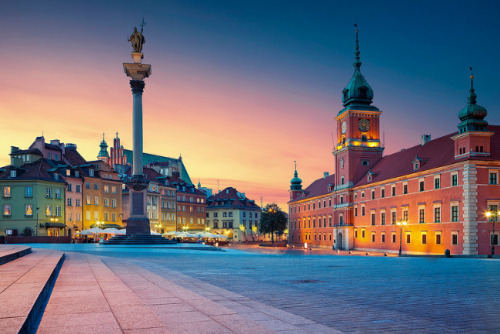




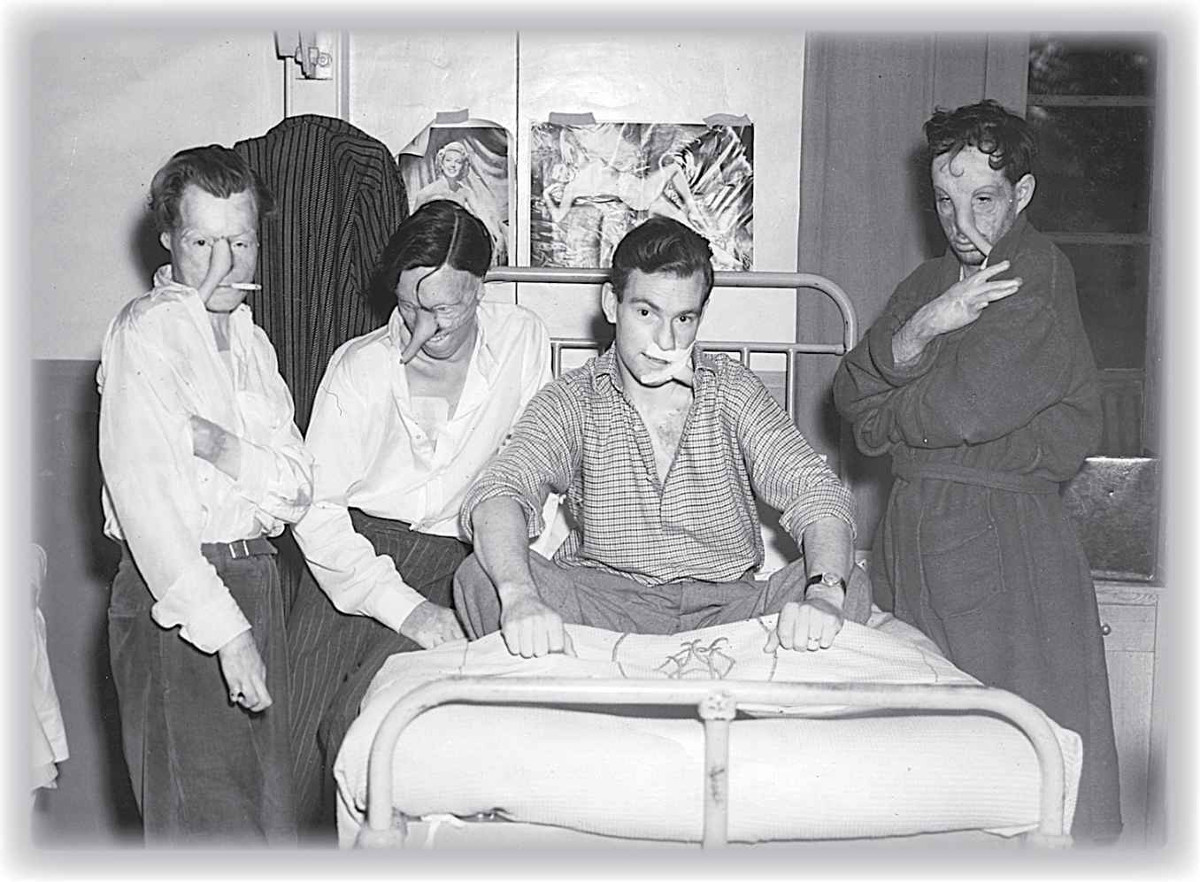



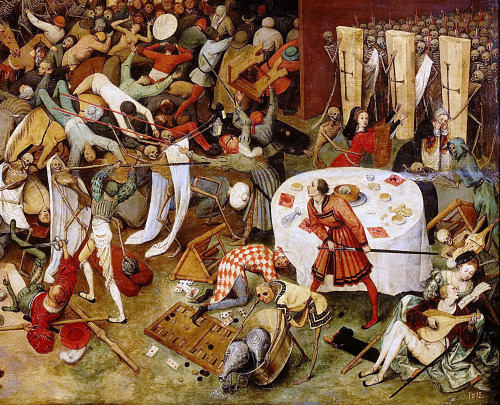
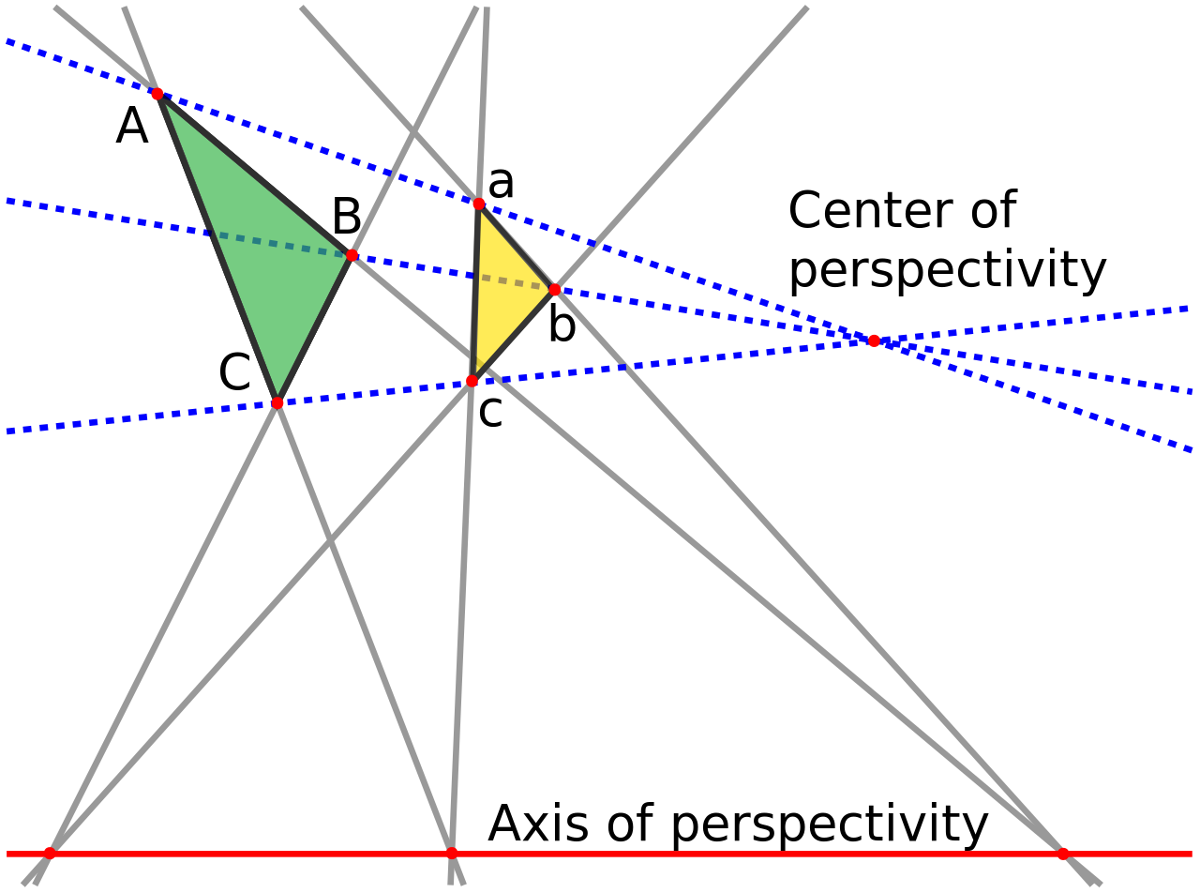




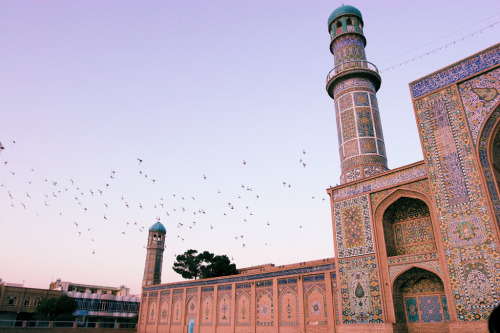







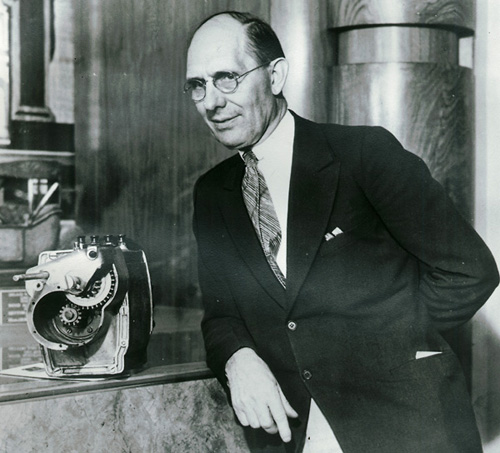
 [Photos: Bundesarchiv, Bild 183-2003-0703-500 / CC-BY-SA 3.0; Rebecca Harms / CC BY-SA 2.0]
[Photos: Bundesarchiv, Bild 183-2003-0703-500 / CC-BY-SA 3.0; Rebecca Harms / CC BY-SA 2.0] 








